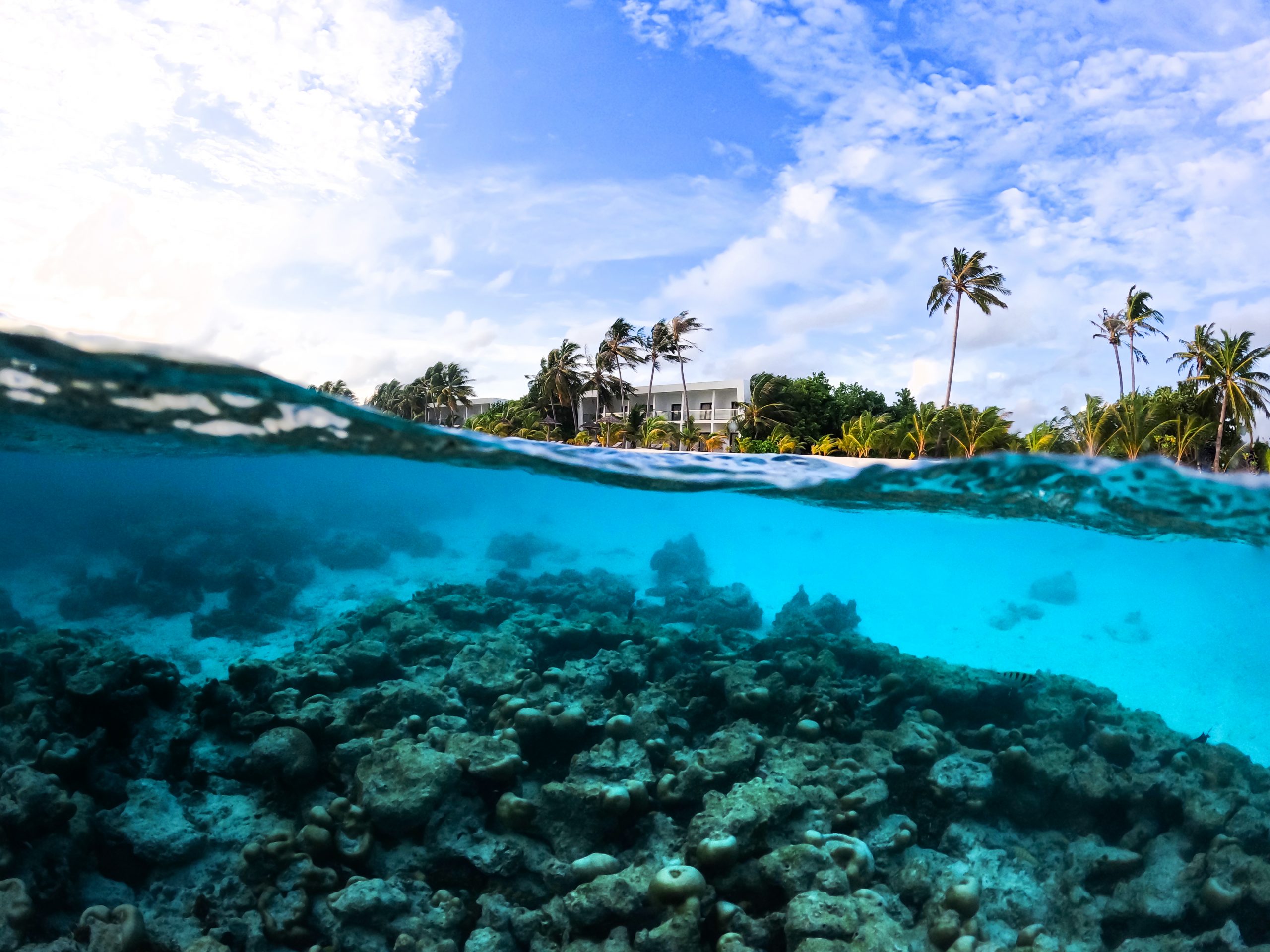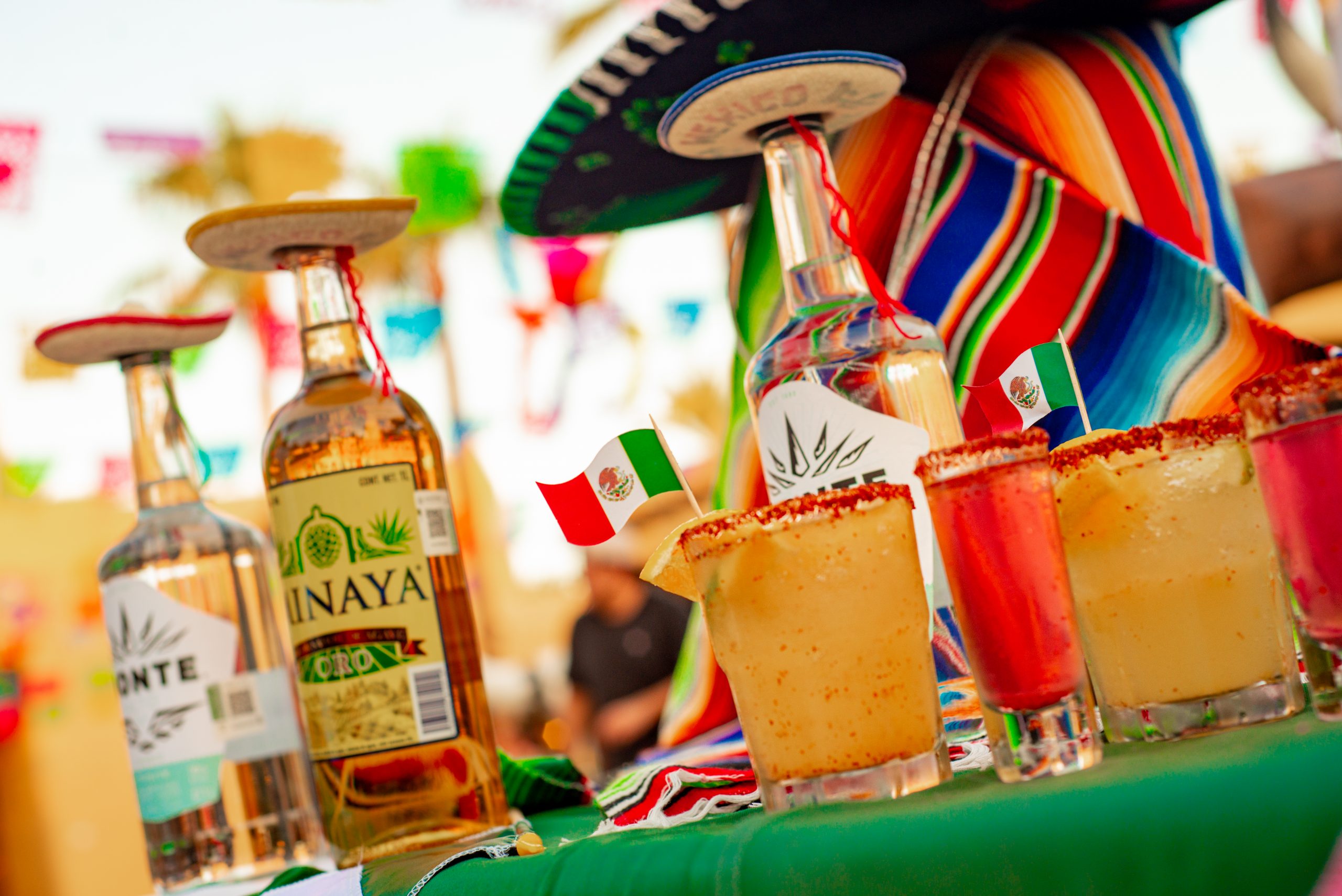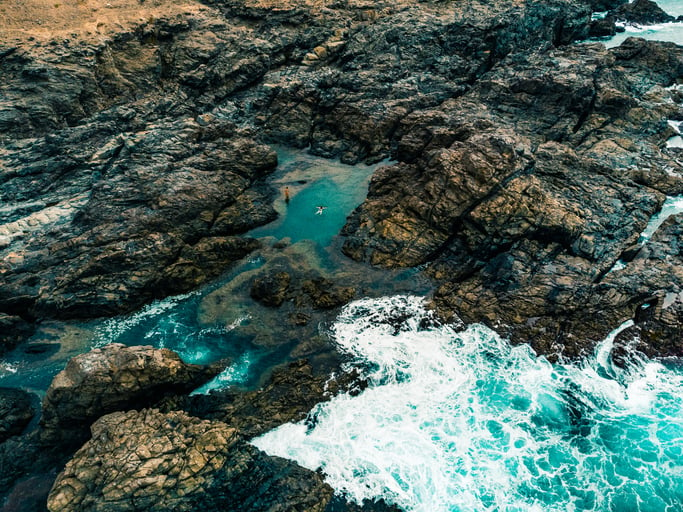Get to know the unexplored side of the Maldives with RIU
28 September, 2023When we think of the Maldives, what inevitably comes to mind are its white sand beaches, crystal-clear waters, and the beautiful sound of peace and harmony that surrounds the place. However, we have a secret to tell you: its true treasure is not found at the surface, but hidden at the bottom of the sea.
Join us and discover one of the most special sustainability projects from the RIU Hotels & Resorts CSR biodiversity support area: the Blue Reef Reforest program.
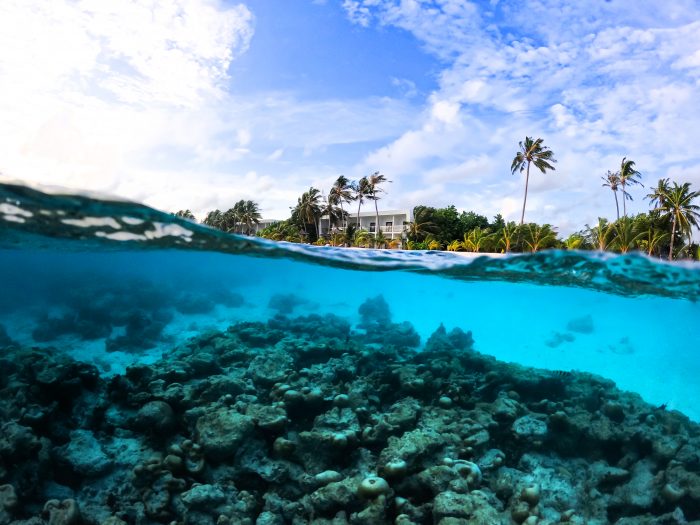
What is the Blue Reef Reforest Project?
Tucked away in the vastness of the Indian Ocean, the Maldives is a group of islands that are grouped into atolls, in other words, they are part of a coral reef. This is the case of the islands of Maafushi and Kedhigandu in Dhaalu Atoll, home to the Riu Atoll and Riu Palace Maldives hotels.
Did you know that surrounding Kedhigandu Island is a 20,000 square metre coral reef? This coral structure suffers from various environmental and human-induced impacts that damage the coral cover. That is why the Blue Reef Reforest programme is aiming to restore the coral reefs in the area. Who better to explain the project in detail than Franco Mendiola, the resort’s resident marine biologist.
“ In this project, what we are trying to do is remove the damaged areas around the complex and restore them. To do this, we are planting corals in artificial structures we call nurseries, so they grow in a controlled and protected environment until they are large and healthy enough to be transplanted onto the reef. By transplanting them, we hope to restore the diversity and richness of the species that live on the reef.”
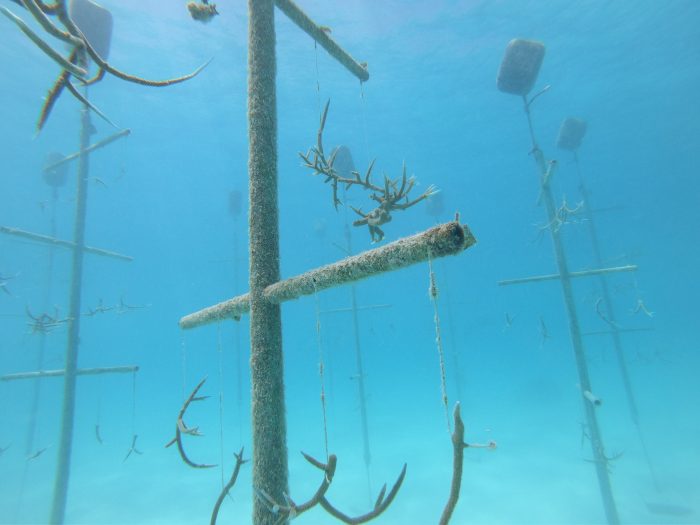
Apart from creating and anchoring solid structures, the coral nursery monitors the state of the colonies, assessing the area’s biodiversity. And the importance of the coral reef to the area’s ecosystem cannot be underestimated, as it provides protection from the forces of nature and is home to many marine species: “Tropical areas are always hit by tropical storms, hurricanes and strong winds. The coral reef is the main barrier that protects the islands from these. They shield all the sand barriers and the entire coastline from these physical effects.
The reef is also the main ecosystem structure in tropical areas. It is the host and building that provides food and protection”.
How can tourism be responsible?
The Blue Reef Reforest project also includes training sessions for both RIU employees and guests, promoting responsible diving and snorkelling practices and highlighting the importance of coral reefs. Weekly talks are given in local schools on the importance of reef conservation and how to enjoy nature responsibly.
“While we are diving, we always try to teach people not to hit or touch the reef, to be careful with their flippers and the way they swim to make sure this environment stays healthy. We also talk about not taking shells or pieces of coral from the beach so that the reef’s nutrient cycle can remain in equilibrium. Many people don’t know about this, and it is very important that we explain to them what is happening. Additionally, we talk about the importance of not feeding the fish. Sometimes you find people giving bread to the fish, and this actually disrupts the food chain on the reef.”
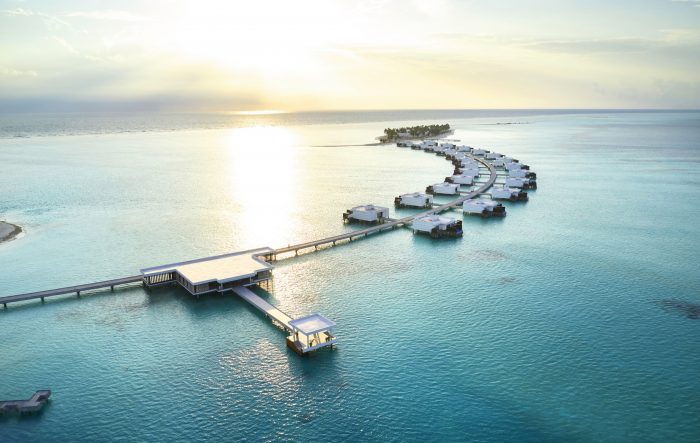
Hotel Riu Palace Maldives.
Any guests who wish to do so may adopt corals, thereby helping to protect the reef.
Enjoying a responsible vacation in paradise is possible: “At the Blue Reef Reforest project, we want everyone to enjoy their holidays and have fun. Of course, they can enjoy the marine life, but we want them to do it responsibly. That’s why we make all this effort not only to restore the reef, but to explain to people what they should and shouldn’t do. So, while they are enjoying their holidays, they also get to learn about the reef, its importance, and how to take care of it.”
You can watch the entire interview at the following link: https://www.youtube.com/watch?v=uPZozvK0UXc
